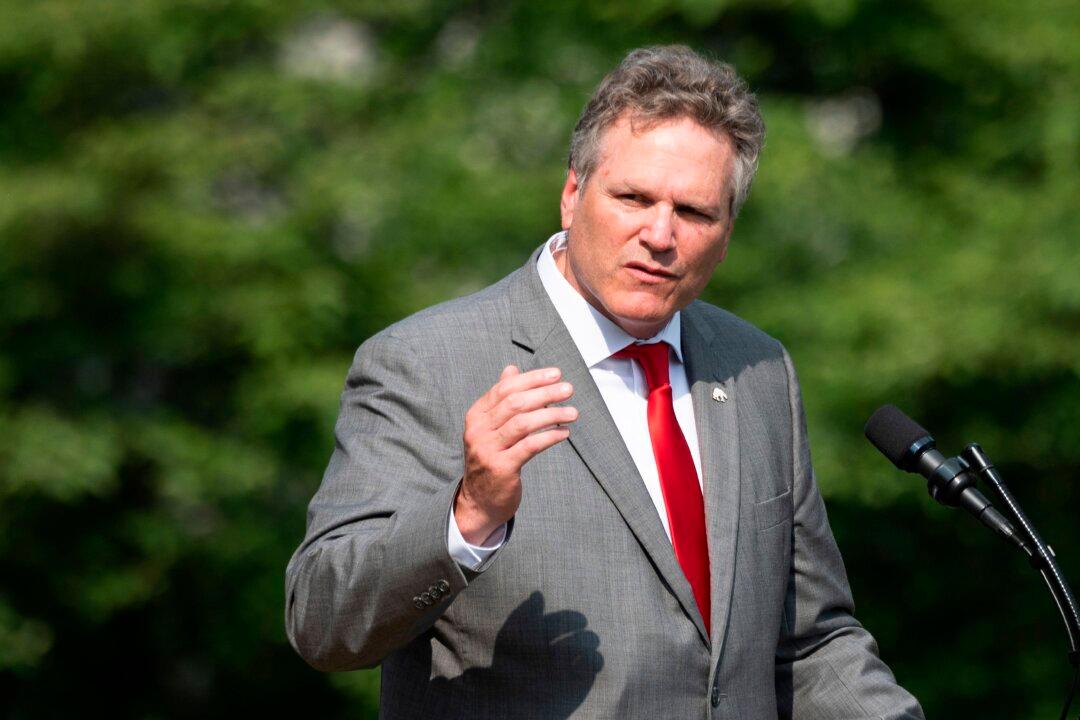Oil production in Alaska has shrunk to its lowest level since the late 1970s, and gasoline prices are soaring, prompting Gov. Mike Dunleavy to urge the Biden administration to reverse its energy policies and permit Alaska to produce more oil.
Alaska produced about 448,000 barrels per day of oil in 2020, less than a quarter of the approximately 2 million barrels per day produced during the state’s oil peak in 1988, according to the U.S. Energy Information Administration.






